Scott Anderson1 Samuel 1:4-20 † 1 Samuel 2:1-10 † Hebrews 10:11-14, 19-25 † Mark 13:1-8 You can view a video of the service and sermon here. Franz Dolp was a professor of economics at Oregon State University when he began, perhaps, the greatest work of his life. As a young father and professor, his marriage had eroded, and his dream of creating an Oregon homestead with it. When he drove away from the farm intended for “till death do us part,” it was with the good-bye blessing, “I hope that your next dream turns out better than your last.”[i] He eventually found his way to forty acres on Shotpouch Creek. This logged-out, chaotic hot mess of vine maples, leggy hardwoods, and thorns was in the same Oregon coast mountains where his grandfather had made a hardscrabble homestead. In his journal, Franz wrote that he had “made the mistake of visiting the farm after it was sold. The new owners had cut it all.” I sat among the stumps and the swirling red dust, and I cried. When I moved to Shotpouch after leaving the farm, I realized that making a new home required more than building a cabin or planting an apple tree. It required some healing for me and for the land.”[ii] “My work [at Shotpouch] grew out of a deeply experienced sense of loss,” he wrote, “the loss of what should be here.”[iii] Robin Wall Kimmerer tells the story of how Franz Dolp, a wounded man, moved to live on wounded land at Shotpouch Creek in her book Braiding Sweetgrass, in a chapter she titles “Old Growth Children.” Franz wrote in his journal, “These forty acres were to be my retreat, my escape to the wild. But this was no pristine wilderness.” The land was razed by a series of clear-cuts over the years—first the venerable old-growth forest and then its children. No sooner had the Doug firs grown back than the loggers came for them again.[iv] Everything is different after land is clear-cut. Sunshine is abundant, the soil is broken open and unstable, temperatures rise, the humus blanket gives way to exposed minerals. Forest ecosystems have tools for dealing with disturbances, of course. Early plants get to work on damage control, quickly.
0 Comments
Scott AndersonRuth 3:1-5, 4:13-17 † Psalm 127 † Hebrews 9:24-28 † Mark 12:38-44
You can view a video of the service and sermon here. Robin Wall Kimmerer tells of an ancient ceremonial tradition among the indigenous coastal people in the Northwest. It always happened about this time of the year. If you’ve been out and about on the rivers in the past month or so, paying attention to what’s been happening in our waters, it may not surprise you. Kimmerer spotlights the story this way: Far out beyond the surf they felt it. Beyond the reach of any canoe, half a sea away, something stirred inside them, an ancient clock of bone and blood that said, “It’s time.” Silver-scaled body its own sort of compass needle spinning in the sea, the floating arrow turned toward home. From all directions they came, the sea a funnel of fish, narrowing their path as they gathered closer and closer, until their silver bodies lit up the water, redd-mates sent to sea, prodigal salmon coming home.[i] Scott Anderson1 Samuel 17:57-18:5, 10-16 † Psalm 133 † 2 Corinthians 6:1-13 † Mark 4:35-41 You can view a video recording of this sermon here. I had never before noticed the cushion. Did you catch it? Jesus was in the back of the boat, asleep on the cushion before they woke him up. That’s a peculiar detail that is included only in Mark. I mean, what are we talking about here? Was it some kind of flotation device or seat pad? Maybe it was something more practical for the skipper. I mean, how luxurious was this setup?
I did have to laugh though when I read this detail in my research: “… it is important to avoid a translation which would suggest that Jesus was so small or coiled up as to be able to sleep on a single pillow.”[i] Scott Anderson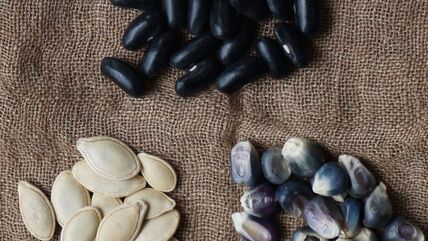 Isaiah 6:1-8 † Psalm 29 † Romans 8:12-17 † John 3:1-17 For perhaps ten thousand years on this continent, long before modern industrial monoculture farming methods became dominant, women mounded up the earth and planted three seeds right next to each other in the ground. Robin Wall Kimmerer tells us of this story of the Three Sisters in her book Braiding Sweetgrass.
Together these plants—corn, beans, and squash—feed the people, feed the land, and feed our imaginations, telling us how we might live. For millennia, from Mexico to Montana, women have mounded up the earth and laid these three seeds in the ground, all in the same square foot of soil.[1] Do you recognize the strands of knowledge and understanding, and mystery Kimmerer is braiding together here as she talks about these plants—corn, beans and squash? The plants feed the people, feed the land. And they feed imaginations. They teach lessons about morality and purpose, about what it takes to live fully, to live well, and to live long—if we have ears to hear (no pun intended). Scott AndersonEzekiel 18:1-4, 25-32 † Psalm 25:1-9 † Philippians 2:1-13 † Matthew 21:23-32 Some of the most striking painted rock art in the world is found in the sea caves of Norway’s western coastline. They are located in wild, remote, Arctic areas where peaks plunge into the ocean, hammered by ice and wave actions over millennia. There are twelve such painted caves, containing around 170 simple stick figures, arms and legs stretched wide as if they are dancing or leaping. These are different that the far more common petroglyphs which have been carved into rock here and throughout the world by the ancients. These are paintings, made using iron oxide pigment, daubed using fingers or brushes some two to three thousand years ago by Bronze Age hunter-gatherer-fisher people who made their lives along an isolated coastline. The art that they made was preserved in remote caves in wild places. Scott AndersonJonah 3:10-4:11 † Psalm 145:1-8 † Philippians 1:21-30 † Matthew 20:1-16
You can find a video copy of this sermon in the context of worship here. They are both right, aren’t they? This is no case of fake news. It’s just a problem with perception and location and what’s fair. The laborers who were hired first thing in the morning, who went out and put in their twelve hours under the hot sun cannot abide that they are paid the same as those last to join the party, who work an hour at best—and get just as much. It is not fair. Or, to be more precise, it is not equitable. This is true. And yet, the landowner has an equally valid point, doesn’t he? Did I not keep our agreement? We negotiated for the usual day’s wage at the beginning. This is what I’ve given you. How have I wronged you? Scott Anderson1 Kings 19:9-18 † Psalm 85:8-13 † Romans 10:5-15 † Matthew 14:22-33
*A video form of this sermon can be found here or you can see the entire liturgy here. In the Fishlake National Forest, on the western edge of the Colorado Plateau there is a colony of quaking Aspen that is an estimated 80,000 years old. Now, were you walking in the midst of it right now rather than listening to me, it would not be readily apparent. There is no tree in the grove that is anywhere near that age. Cut one down and you might count 80 rings, 80 seasons of growth. Maybe more. Maybe less.[i] But underground, the eighty-year-old trunks are 80,000, a 100,000 years-old if they are a day. Some scientists think even this is a huge undercount, suggesting the forest has been around for the better part of a million years. Every tree here has sprouted from a rhizome mass too old to date even to the nearest hundred millennia, they say. Scott AndersonActs 2:14a, 36-41 † Psalm 116:1-4, 12-19 † 1 Peter 1:17-23 † Luke 24:13-35 For over 1400 days—nearly four years—between 1992 and 1996, the city of Sarajevo was under siege. One study of the survivors found that many had developed a super-heightened sense of spatial awareness—a skill for evading bullets or bombs, a skill that they carried with them throughout their lives. “People, during times of prolonged, radical change, end up changing,” said the study’s author[i] in an article this week that takes an early run at how we might be changed on the other side of this pandemic. It makes sense. We are an adaptable species. We grow and change according to requirements on the ground, in the environment, or just at home in these times. Not surprisingly, studies from previous outbreaks—SARS, Ebola and swine flu—showed almost universal spikes in anxiety, depression and anger. But they also found that people acted to regain a sense of autonomy and control. People worked on their diet. They read more news. They made art. Who knows, maybe they made masks. You may remember those Sarajevo roses we showed you some months ago in the “before times.” Scott AndersonActs 2:14a, 22-32 † Psalm 16 † 1 Peter 1:3-9 † John 20:19-31
A video version is available here. One of my favorite TV shows was Modern Family. A few weeks ago it wrapped its final episode after eleven seasons. At its best, the show combined great slapstick and physical comedy with some beautiful and, sometimes, even inspiring sentiment. One memorable episode way back in season five was titled “Australia.” Phil Dunphy went to Australia for a vacation because he had been conceived there, and his mother had always wanted him to go and visit. He’s finally decided to go fulfill her dying wish, and the rest of the family decides to tag along. The problem is that things don’t go very well for Phil. As soon as they arrive, he has an allergic reaction to a local fruit. Then he gets stung by a jelly fish. Then, in one of the best physical bits I’ve seen in a long time, he gets punched in the eye by a kangaroo that he thinks is the spirit of his mother. That’s worth the half-hour all by itself. Scott AndersonProverbs 8:1-31 † Psalm 8 † Romans 5:1-5 † John 16:12-15
I suspect our children understand far better than we do the implications of climate change on the future. It is, after all, their future, although we are the ones who have given it to them, such as it is. So let me offer you one simple illustration that caught my attention recently. Most of us are likely aware that populism is not simply an American phenomenon. We have a president who has made a decisively inward turn, advocating for walls and putting things in terms of insiders and outsiders both within and without our country. But we are not the only country where these explosive political dynamics have found new life. There is something of an international battle going on for the soul of our lives whether its arguments over Brexit in the UK, or Yellow Vest protests in France. These are all, at their roots, populist movements, that is, they are in revolt against elites, both in an economic as well as a political sense. |
St. Andrew SermonsCategories
All
|
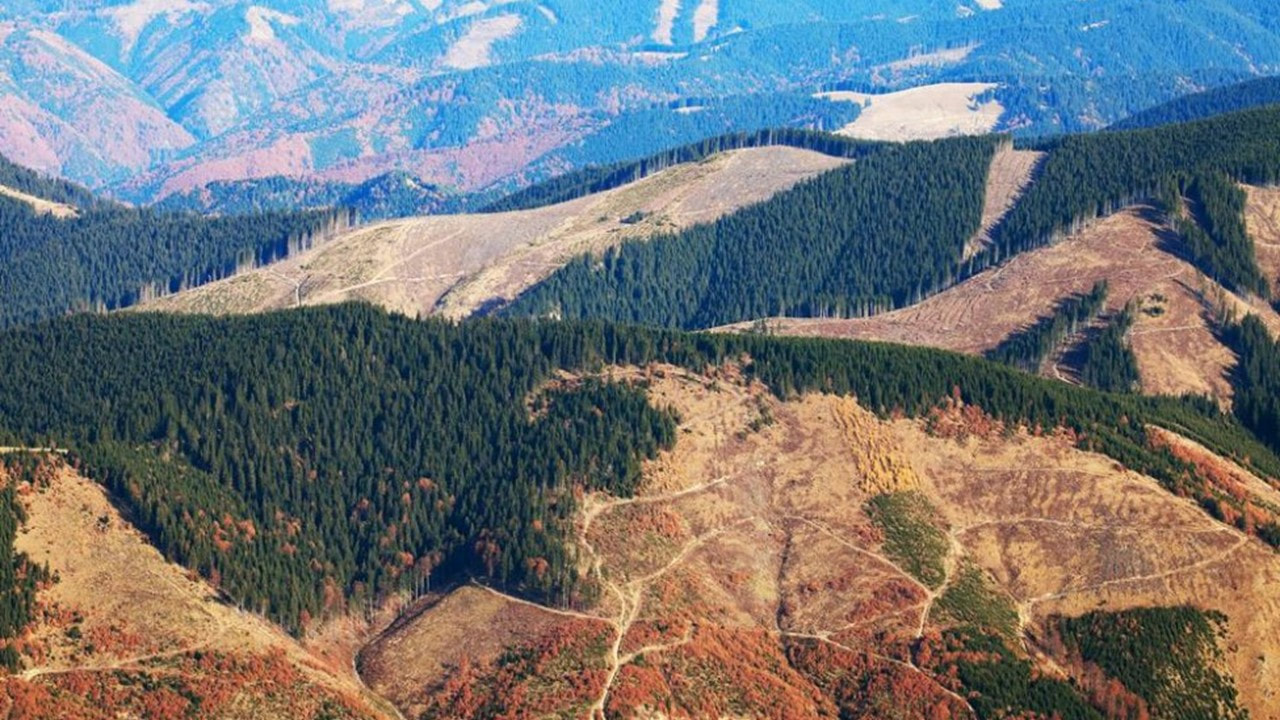
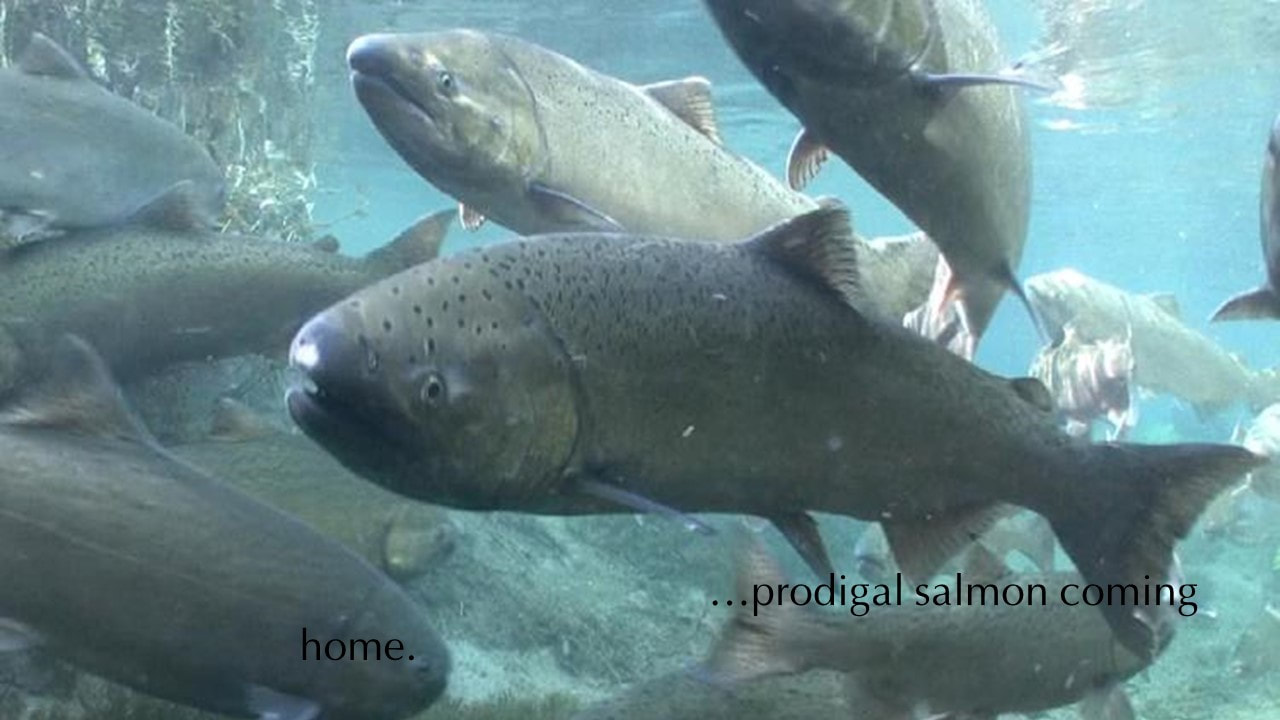
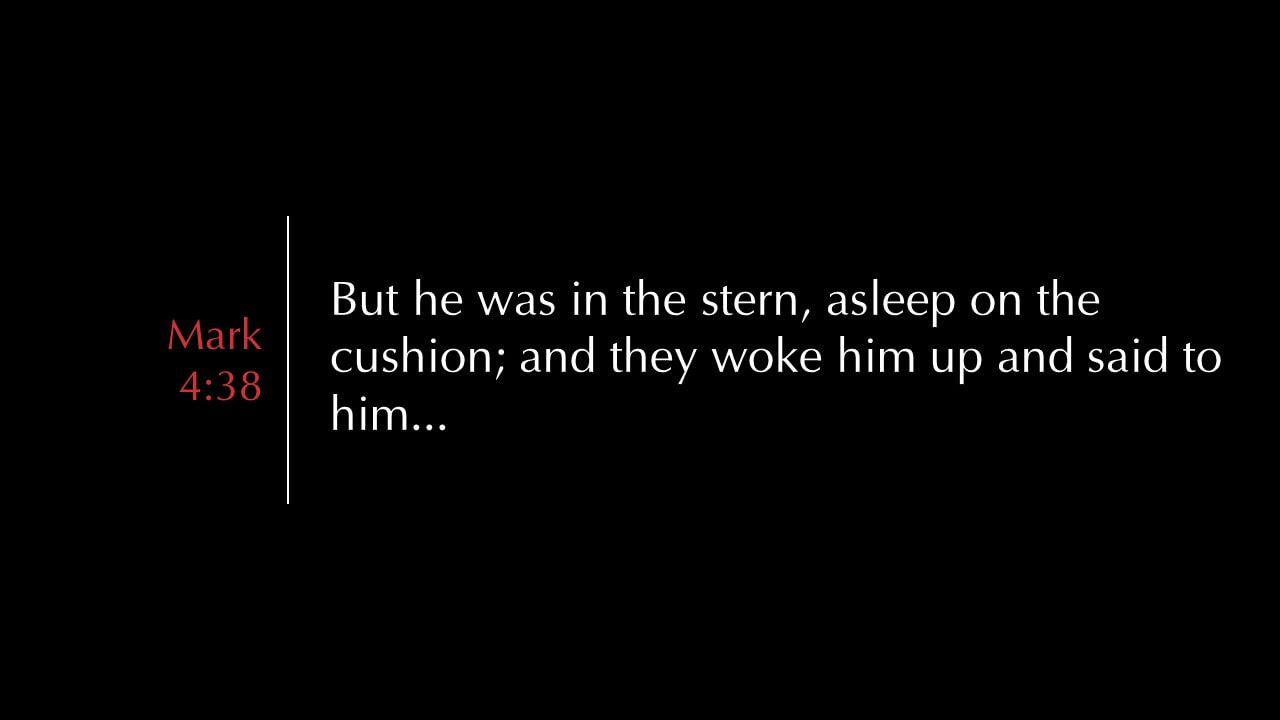
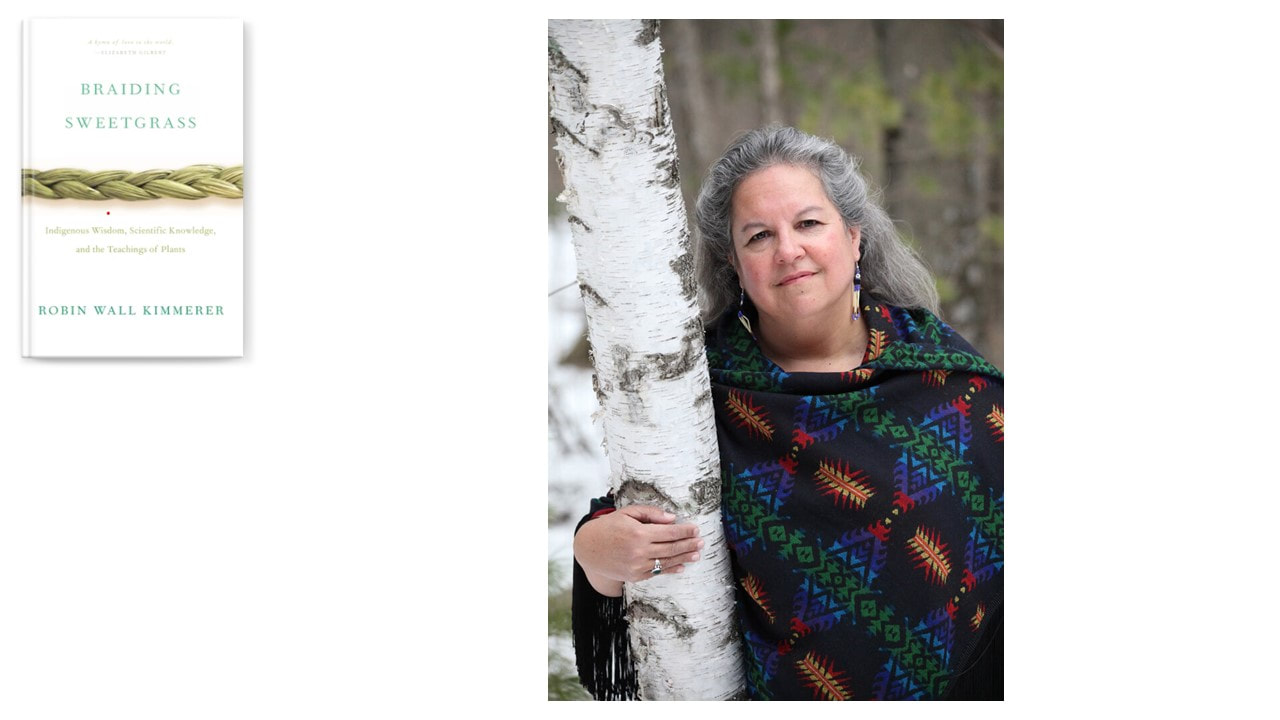




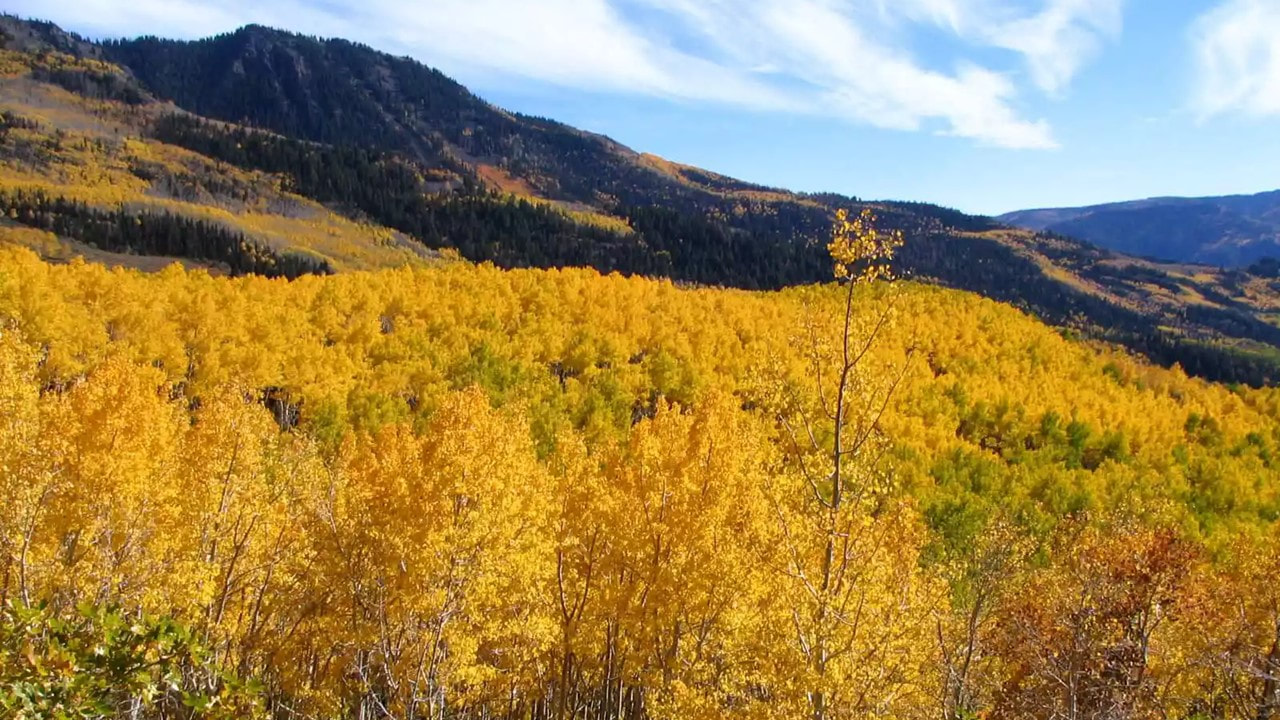
 RSS Feed
RSS Feed